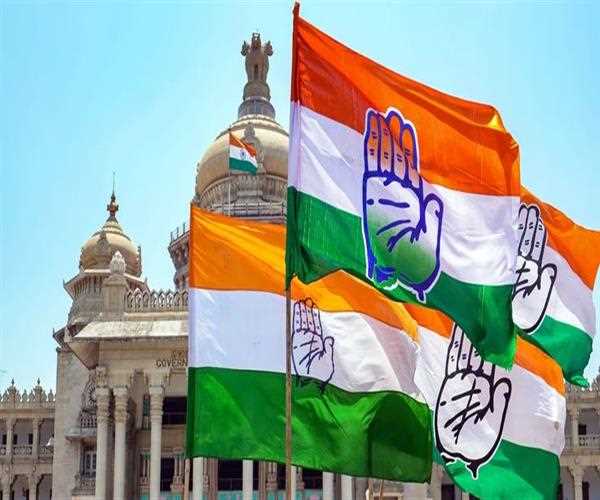Over the years, the Congress party has been accused of implementing policies that have enabled poverty instead of eradicating it, as many might think. While in power, the party focused on short-term friendly gestures such as distributing bags of rice instead of working on improving the people's economic endowment. Sceptics have pointed out that the policies adopted did not reduce structural policies but kept large parts of the population in poverty.
The first issue is the party's concern with subsidy-funded welfare programmes. Although these schemes temporarily lifted suffering, they contributed nothing to the emergence of an independent society. Opposition sources claimed that the Congress-led government has habitually focused on vote-bank issues instead of implementing enduring development measures such as education / vocational training, employment, etc. According to them, this approach prevented the population from escaping poverty.
Corruption and inefficiency significantly compounded the problem and weakened the impact of Congress's anti-poverty measures. Factors such as misreporting, misuse, embezzlement and diversion of funds to other uses particularly where organizations and agencies implemented programmes such as the Public Distribution System (PDS), watered down their effectiveness. The opposition has accused the party of not putting in place proper measures to prevent misuse of donors’ cash, hence, the funds did not get to the targeted groups. This sort of problem, regarding lack of supervision, has been typical of the Congress’s regime.

It has also been accused of remaining insensitive to rural growth while only empowering urban growth. Neglected was the most revealing term, as rural dwellers and especially farmers lacked proper backing for their agrarian reforms and in lots of cases beset by inadequate infrastructure for development. Short-term quick fixes like the farm loan waivers were only able to create a very brief respite but did not tackle the long-standing features resulting in rural poverty.
Employment creation has also been a point of contention when Congress has been in charge. Detractors claim that the party’s policies failed to create an environment favorable for industry development and entrepreneurship. Thus, unemployment and the availability of jobs persisted. This aspect has been one of the foci of criticism regarding the congregational approach to governance in relation to basic economic challenges.
Conclusion
In conclusion, the Congress party-led central government's approach to governance has been criticised consistently for inadequacy of addressing poverty causes efficiently. Present welfare programs and subsidies gave an instant fillip without a long-term plan and made people more dependent than efficient. Corruption combined with inefficiency down the effectiveness of these initiatives leaving the rural and marginalized cheaper in health services. This has further entrenched socio-economic stagnation because the party lacked policies to drive sustainable job creation and equal economic growth. These failures require a more open, responsible, and progressive strategy to combat poverty.